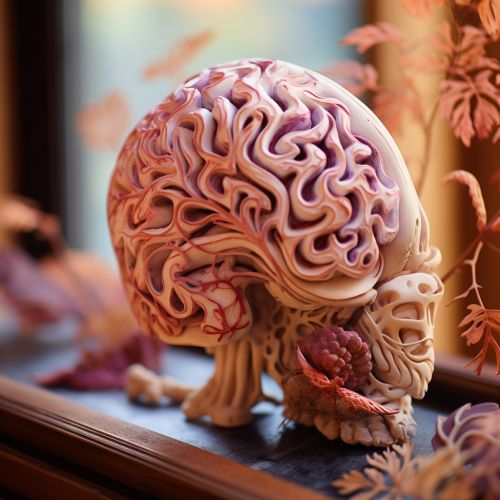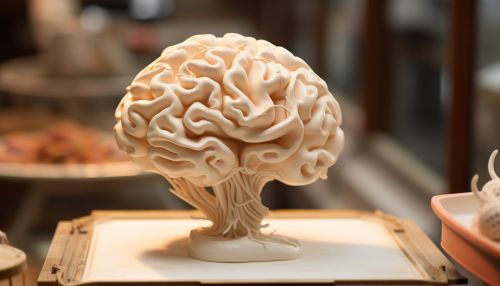The Science Behind Mental Health Disorders
Introduction
Mental health disorders represent a wide range of conditions that affect a person's mood, thinking, and behavior. They include depression, anxiety disorders, schizophrenia, eating disorders, and addictive behaviors. The science behind mental health disorders involves multiple disciplines, including psychiatry, psychology, neuroscience, and genetics.


Biological Factors
Biological factors play a significant role in mental health disorders. These include genetics, brain chemistry, and brain structure.
Genetics
Genetic predisposition can increase the risk of developing certain mental health disorders. For instance, individuals with a family history of schizophrenia are more likely to develop the condition. However, genetics alone does not determine whether someone will develop a mental health disorder. Environmental factors and life experiences also play a crucial role.


Brain Chemistry
Neurotransmitters, the chemical messengers in the brain, play a crucial role in mental health. Imbalances in neurotransmitters can lead to symptoms of mental health disorders. For example, low levels of the neurotransmitter serotonin are associated with depression.
Brain Structure
Structural abnormalities in the brain can also contribute to mental health disorders. For instance, individuals with schizophrenia often have enlarged ventricles (fluid-filled spaces) in the brain. Moreover, people with depression may have a smaller hippocampus, a brain region involved in mood regulation.


Psychological Factors
Psychological factors, including personality traits and cognitive processes, can contribute to mental health disorders.
Personality Traits
Certain personality traits, such as neuroticism or introversion, can increase the risk of developing mental health disorders. For instance, individuals with high levels of neuroticism are more likely to develop depression and anxiety disorders.
Cognitive Processes
Cognitive processes, such as thinking patterns and attention, can also contribute to mental health disorders. For example, individuals with depression often exhibit negative thinking patterns, while those with attention-deficit/hyperactivity disorder (ADHD) have difficulties with attention regulation.


Environmental Factors
Environmental factors, including life experiences and social environment, can influence the development and course of mental health disorders.
Life Experiences
Life experiences, such as trauma or stress, can trigger mental health disorders. For instance, post-traumatic stress disorder (PTSD) can develop after experiencing a traumatic event.
Social Environment
The social environment, including relationships and social support, can also impact mental health. For example, social isolation can increase the risk of depression, while strong social support can promote mental well-being.


Treatment Approaches
Treatment for mental health disorders often involves a combination of medication, psychotherapy, and lifestyle changes.
Medication
Medication can help manage the symptoms of mental health disorders. For instance, antidepressants can help regulate mood in individuals with depression, while antipsychotics can reduce hallucinations and delusions in individuals with schizophrenia.
Psychotherapy
Psychotherapy, or talk therapy, can help individuals understand and manage their mental health disorders. Cognitive-behavioral therapy (CBT), for instance, can help individuals change negative thinking patterns and behaviors.
Lifestyle Changes
Lifestyle changes, such as regular exercise and a healthy diet, can also support mental health. Moreover, stress management techniques, such as mindfulness and relaxation exercises, can help manage symptoms of mental health disorders.


Conclusion
The science behind mental health disorders is complex and multifaceted, involving biological, psychological, and environmental factors. Understanding these factors can help in the development of effective treatments and interventions, ultimately improving the lives of individuals with mental health disorders.
